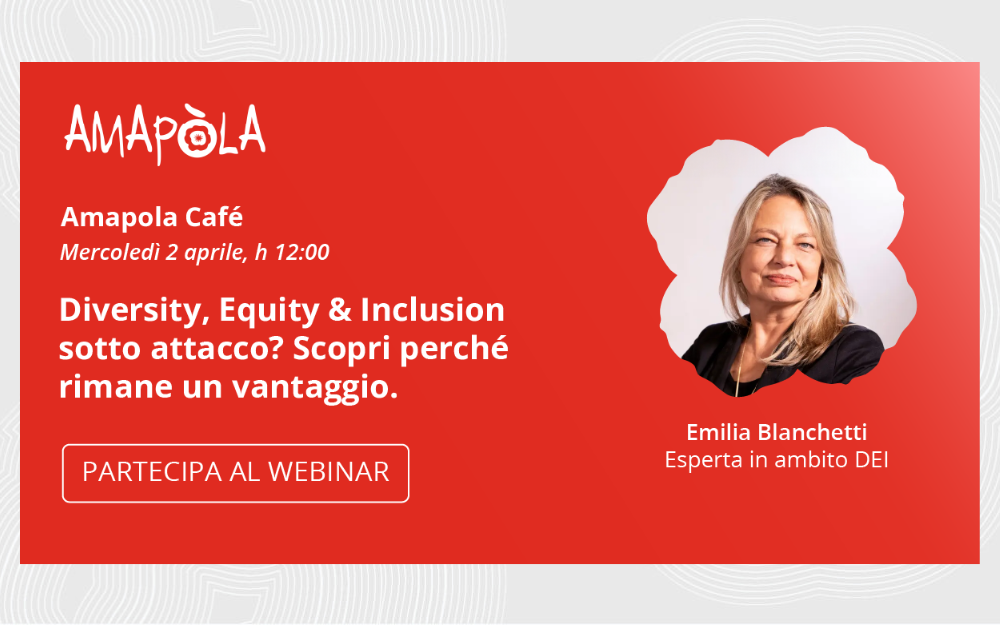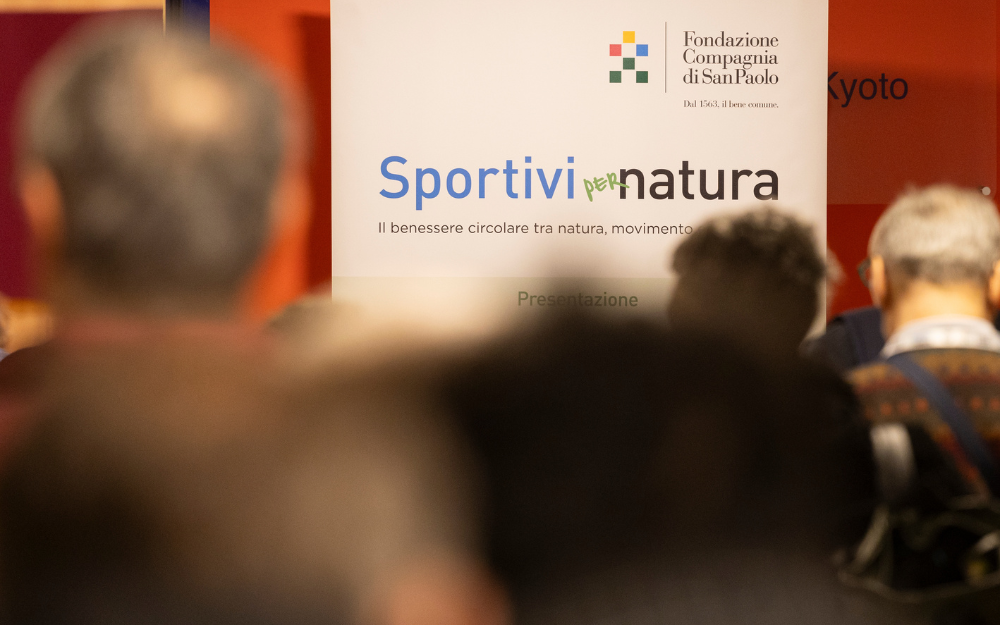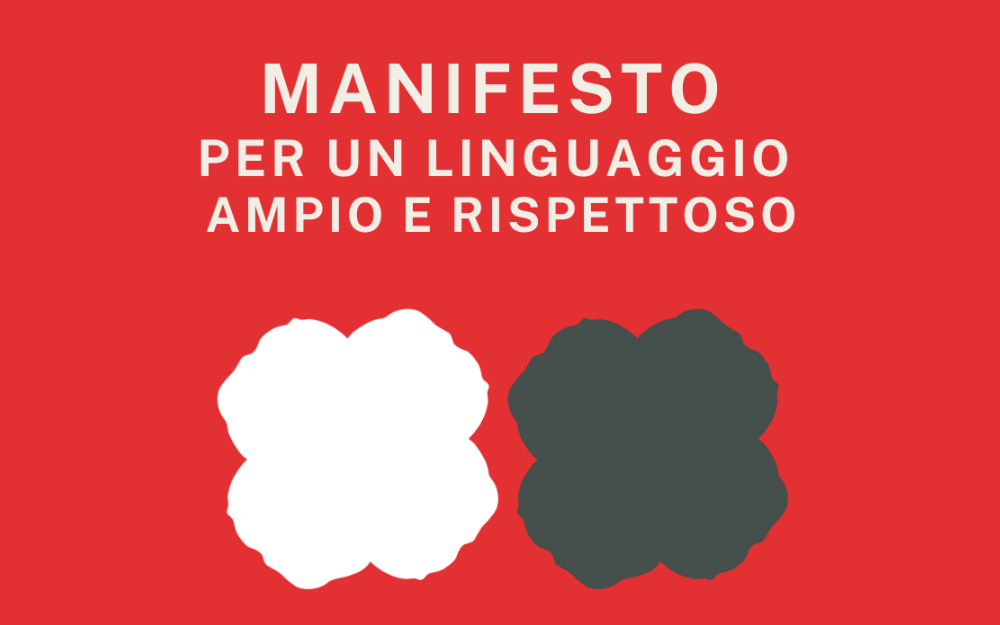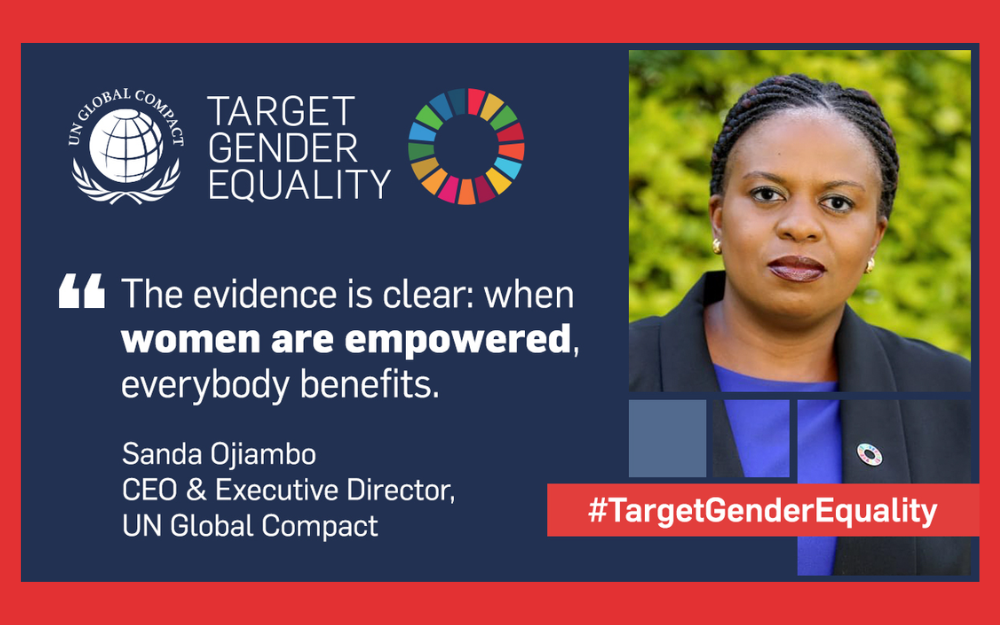Amapola in the new CSRNatives eBook on benefit companies
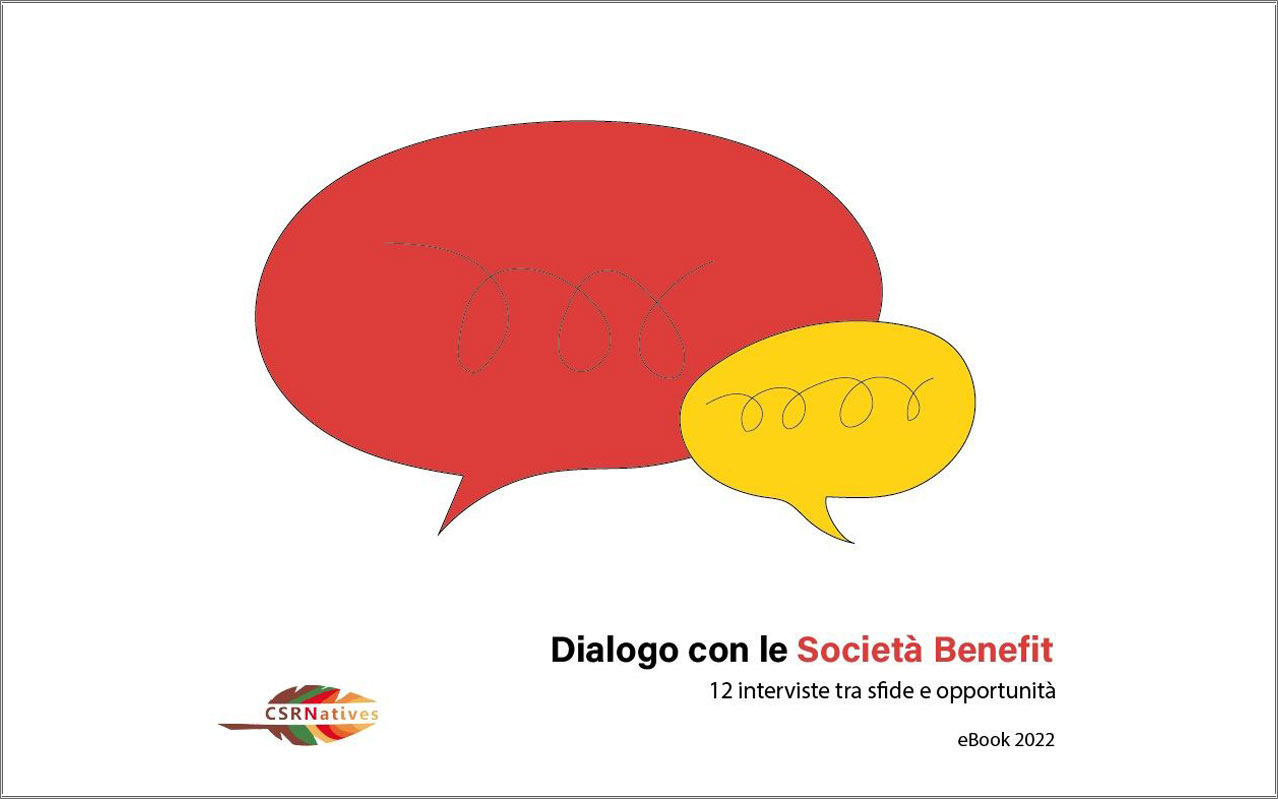
We are one of the 12 contributors to the digital publication Dialoghi con le società benefit. 12 interviste tra sfide e opportunità, available in full on the CSRNatives Network website.
The growth of benefit companies has become an unstoppable phenomenon: growing numbers of organisations are deciding to change their articles of association and work to reduce their impact. And having embraced this new dimension ourselves at the end of 2021, we’re delighted! So it’s a pleasure to share the interview with Amapola in the new eBook from CSRNatives: Dialoghi con le Società Benefit. 12 interviste tra sfide e opportunità.
Amapola’s contribution, an interview with our own Sergio Vazzoler, is in excellent company: besides our story, you will find the stories of Andriani, Arkage, CDA, Citrus, Conceria Nuvolari, Green Media Lab, Gruppo Infor, Palm, Peoplerise, ZeroCO2. It’s interesting to read how each of these benefit companies sees its objectives and is working to generate positive internal and external change: because while it is true that benefit companies all share a new approach to business, it is also true that the activities of each one follow a unique and highly personalised path!
The Amapola interview in the eBook Dialoghi con le società benefit.
by Irina Silvano
Amapola has been a market player for more than 10 years and in 2021 became a Benefit company: what path did it follow?
For us, becoming a benefit company meant practising what we have long been preaching, a move that is not simply a formality: your articles of association change, some elements of governance change and reporting becomes mandatory. Adopting a new business model is a decision we all identify with and this is why we involved everyone in the agency. We also decided to form an Impact Board and introduce it into our articles of association. This is a departure from the status quo because we believe strongly in balanced governance.
Benefit companies have to produce an impact report. What are the main differences with respect to a sustainability report?
While a sustainability report examines all the social, environmental and governance indicators, the impact report involves an additional step: it requires the company to think about its fundamental purpose and the change it wants to generate or has generated through its activities. The impact report give greater emphasis to social responsibility. You have to ask yourselves who you are, what you do and with respect to whom. In a way, an impact report is a critical analysis process that helps you understand the seeds you are sewing and what (and who) you are neglecting.
Which are the most difficult activities to implement to become a Benefit company and how did you resolve the problems you came across?
As always, internal processes and organisation are the trickiest elements. Simply setting up one project after another is not enough: you have to establish a working method that starts from a clear strategy, involves internal communication and engagement and goes through to reporting. If you’ve never done it before, keeping track of all these stages isn’t easy.
Since the arrival of social media, what are the main trends you’ve observed in terms of communicating your impact and what response have you had from your stakeholders?
Social media are a vital tool for raising cultural awareness. But it’s becoming more and more difficult to stand out against the background noise that’s developed around sustainability: if everything is sustainable, then nothing is. For us, nurturing our relationships is important: being honest, transparent and telling it how it is so that you really connect with people, listen to them and get their feedback, questions, doubts. Our communication strategy has changed somewhat, because we want to stand up and be counted, to talk about our team, and at the same time maintain a series of fundamentals, like building cultural awareness.
Amapola doesn’t have an impact officer, it has set up an impact board. What are the main responsibilities of the committee and its members, and what activities did it implement in 2022?
The Amapola Impact Board, led by Micol Burighel, Beatrice Coni and Elisa De Bonis (with an average age of 29) tracks our common benefit: it selects projects for each of the objectives we have set ourselves, explores new possibilities, and, above all, thinks about what we can do tomorrow. And it acts as a bridge with the rest of the agency, starting from the Management Council and involving all our colleagues in benefit activities. Nobody was enrolled, we’re all volunteers. The Impact Board is also responsible for drafting the annual Impact Report – interfacing with the rest of the team – which presents our commitment, the objectives achieved and, yes, the goals we failed to reach. We worked on a host of activities in 2022: education in schools, projects for university students, corporate voluntary schemes, a video for a small virtuous enterprise, all the internal activities for the well-being of our agency team and so on.
What advice would you give firms looking to become benefit companies?
First of all, think about your identity. If you want to be a benefit company because it’s fashionable, you’re heading for disaster. You also have to give enough thought to establishing your common benefit goals, which should reflect and be consistent with your reality. Any operation performed in cold blood or borrowed from another company will lack originality and not be credible.
The eBook with all the other interviews is available here.


